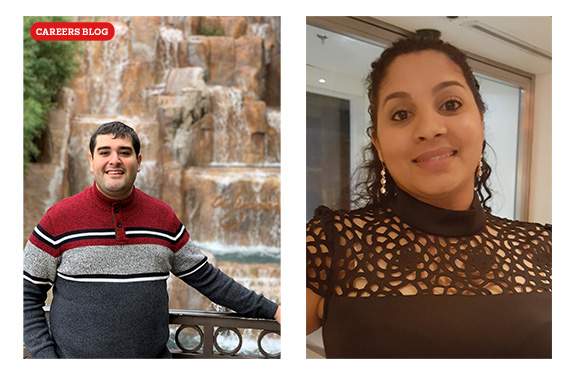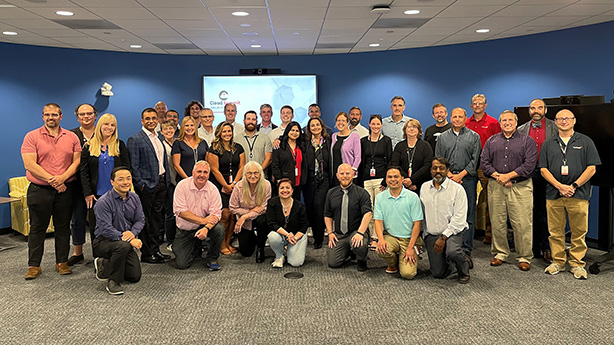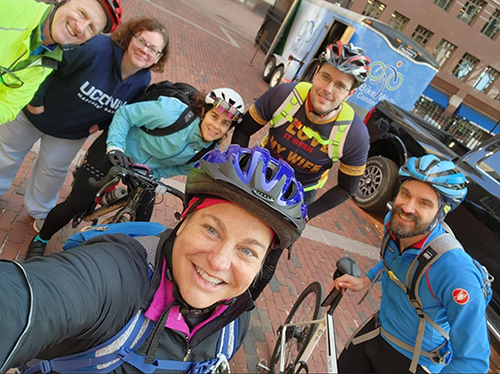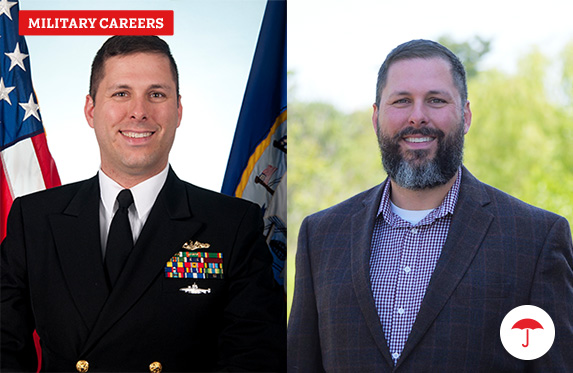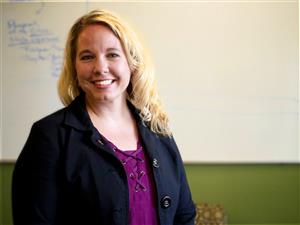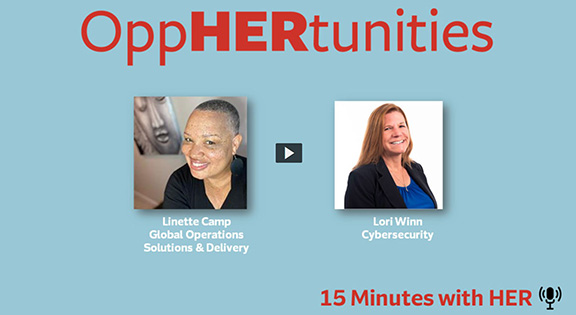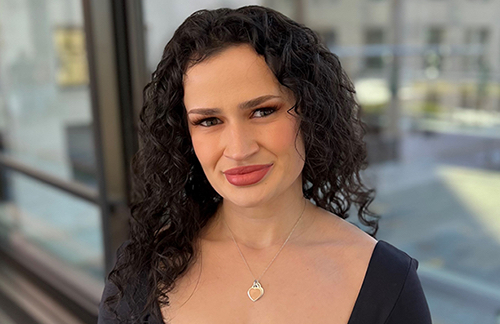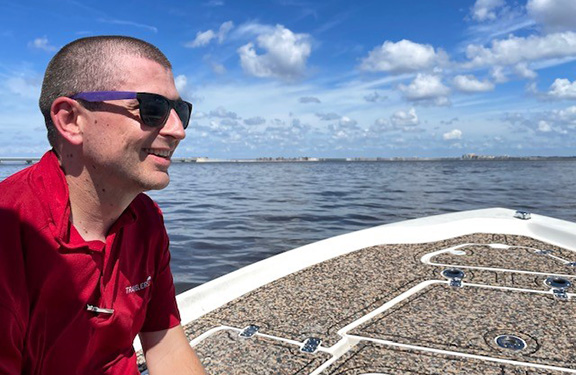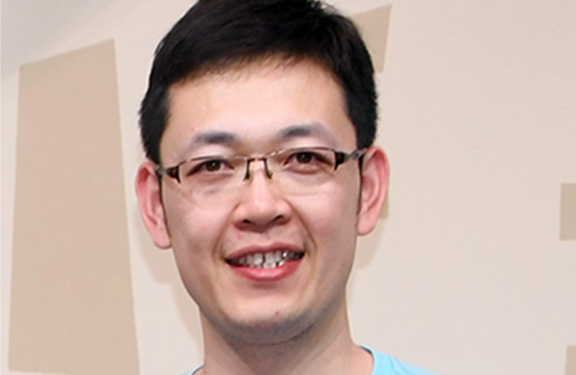‘Hola y gracias por llamar a Travelers’ (‘Hello and thank you for calling Travelers’)
One way we are able to deliver on the Travelers Promise is with our Claim Customer Services (CSS) Spanish Translation Unit. This unit was established in 2016 to help connect with our Spanish-speaking customers nationwide.

